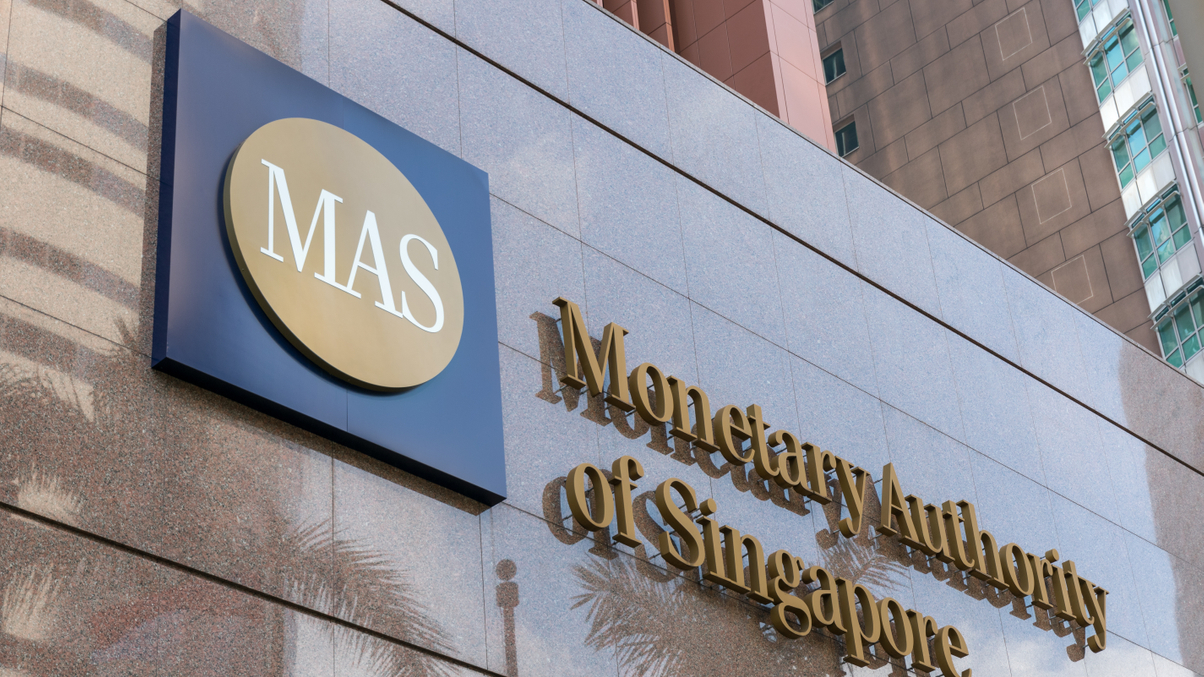Assets under management in Singapore rises 17% to $3.5 trillion
The city-state's financial and fintech sectors are expected to create 6,500 jobs in 2021, particularly in technology, wealth management, corporate banking, and insurance, MAS said.

Assets under management (AUM) in Singapore rose 17% in 2020, driven by “strong inflows into both traditional and alternative investment strategies, as well as valuation gains across major asset classes,” according to the Monetary Authority of Singapore (MAS).
Sign in to read on!
Registered users get 2 free articles in 30 days.
Subscribers have full unlimited access to AsianInvestor
Not signed up? New users get 2 free articles per month, plus a 7-day unlimited free trial.
¬ Haymarket Media Limited. All rights reserved.


